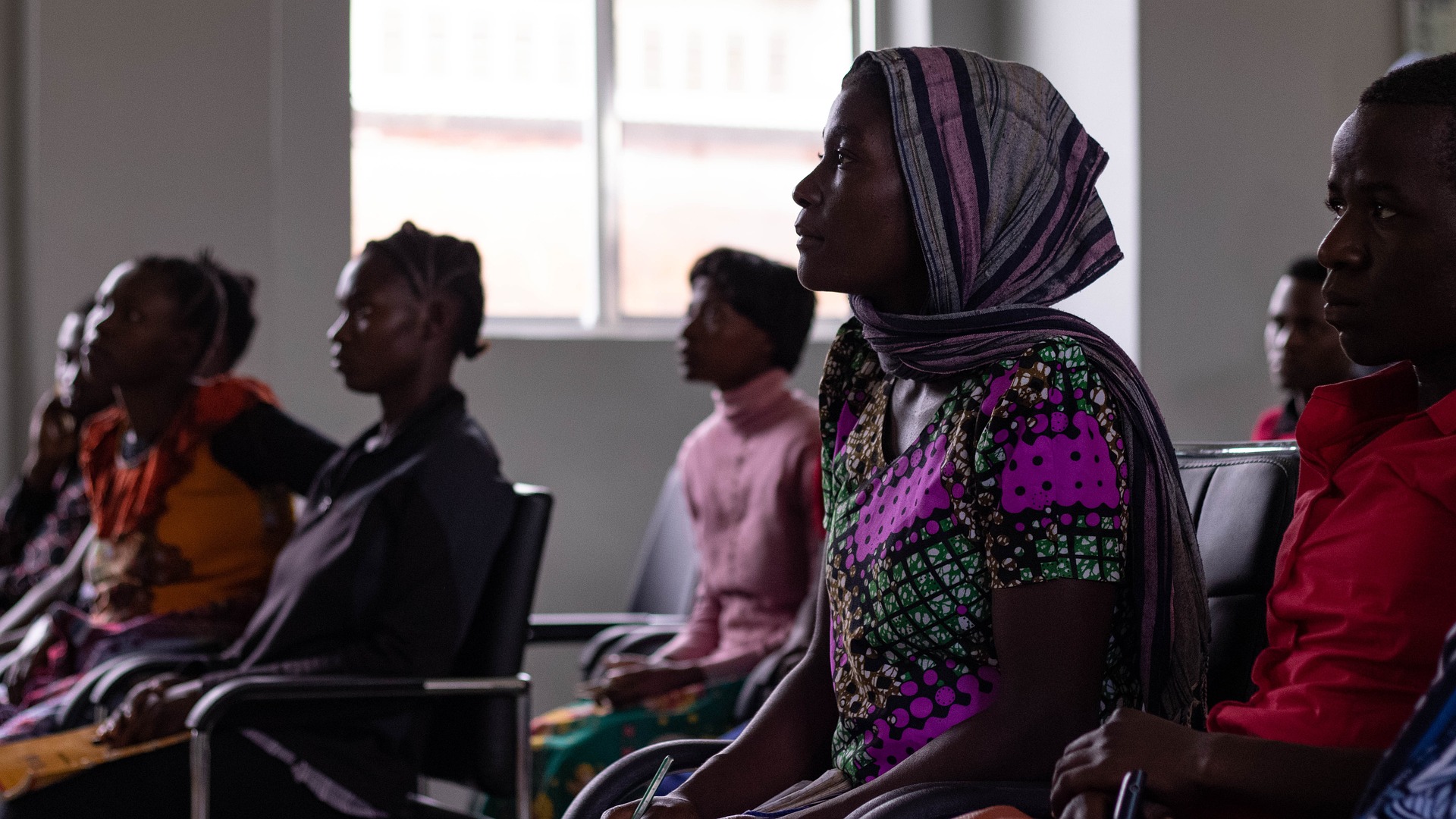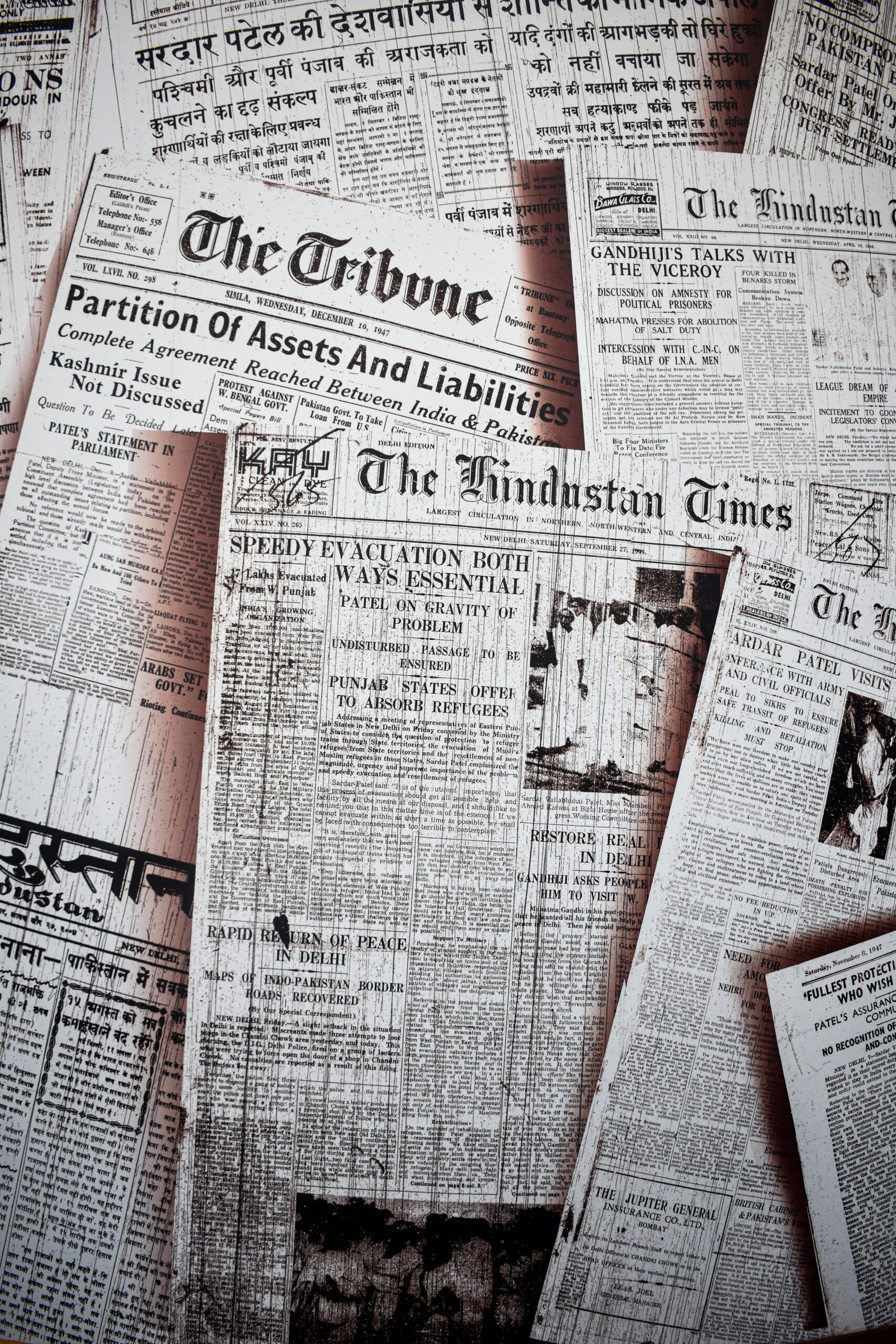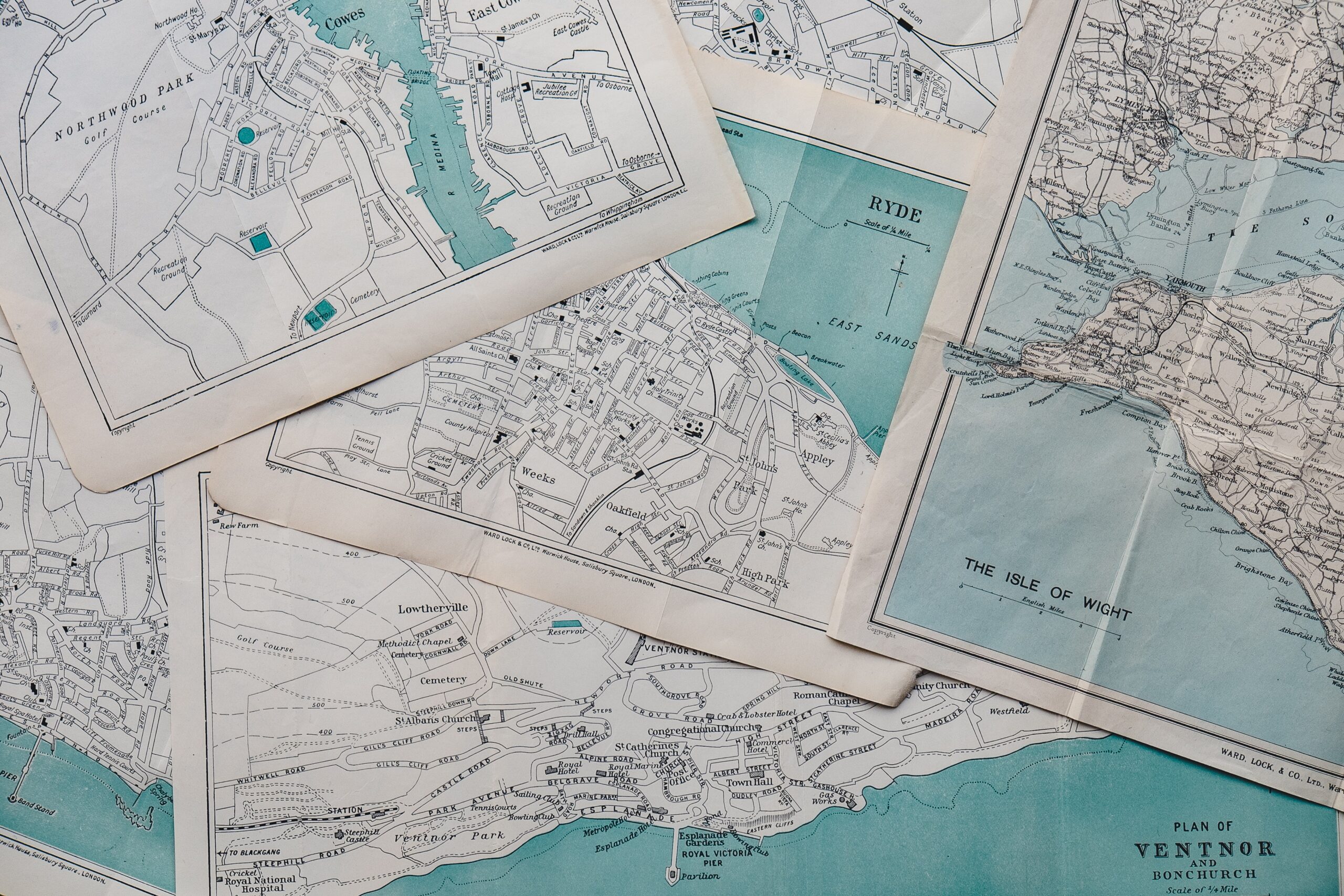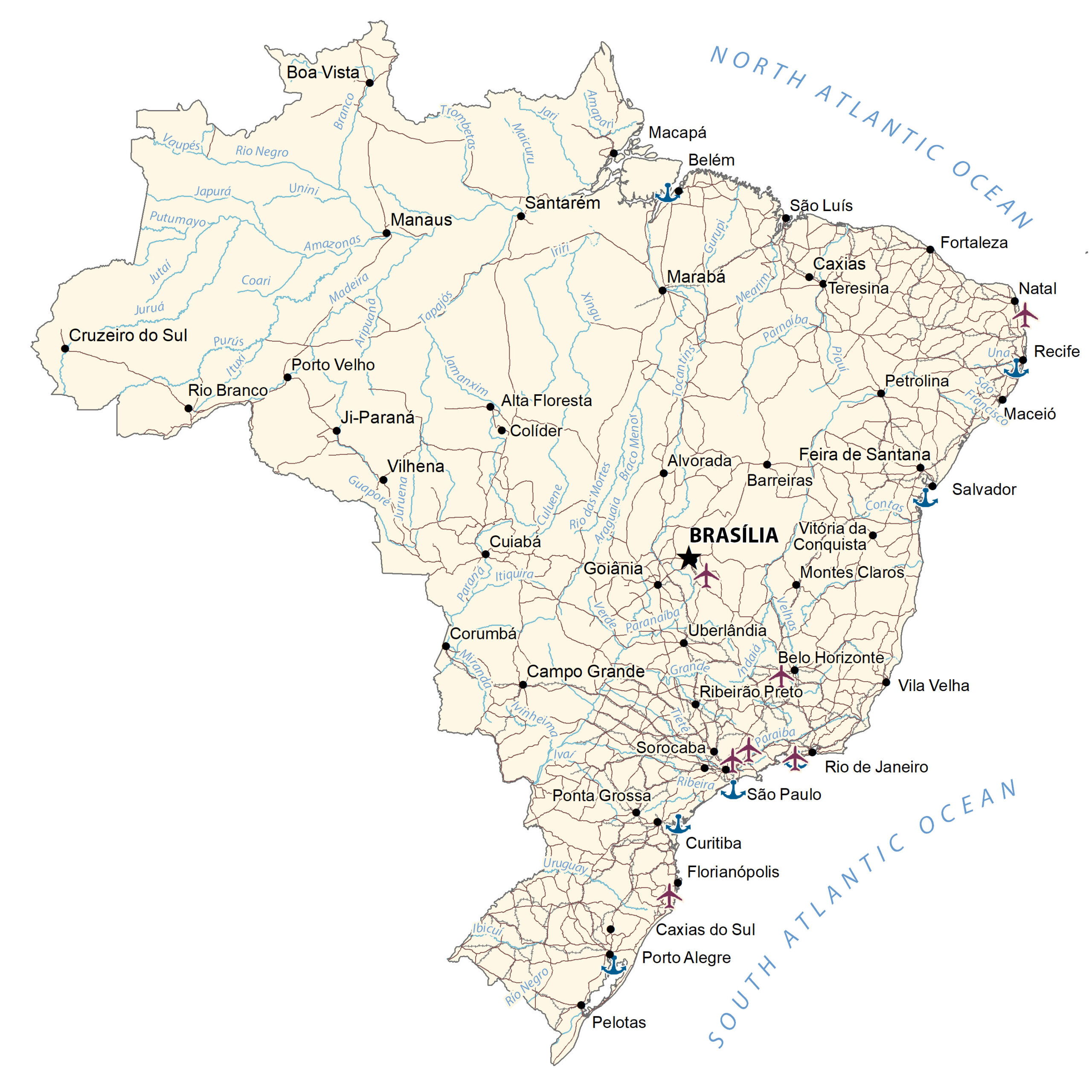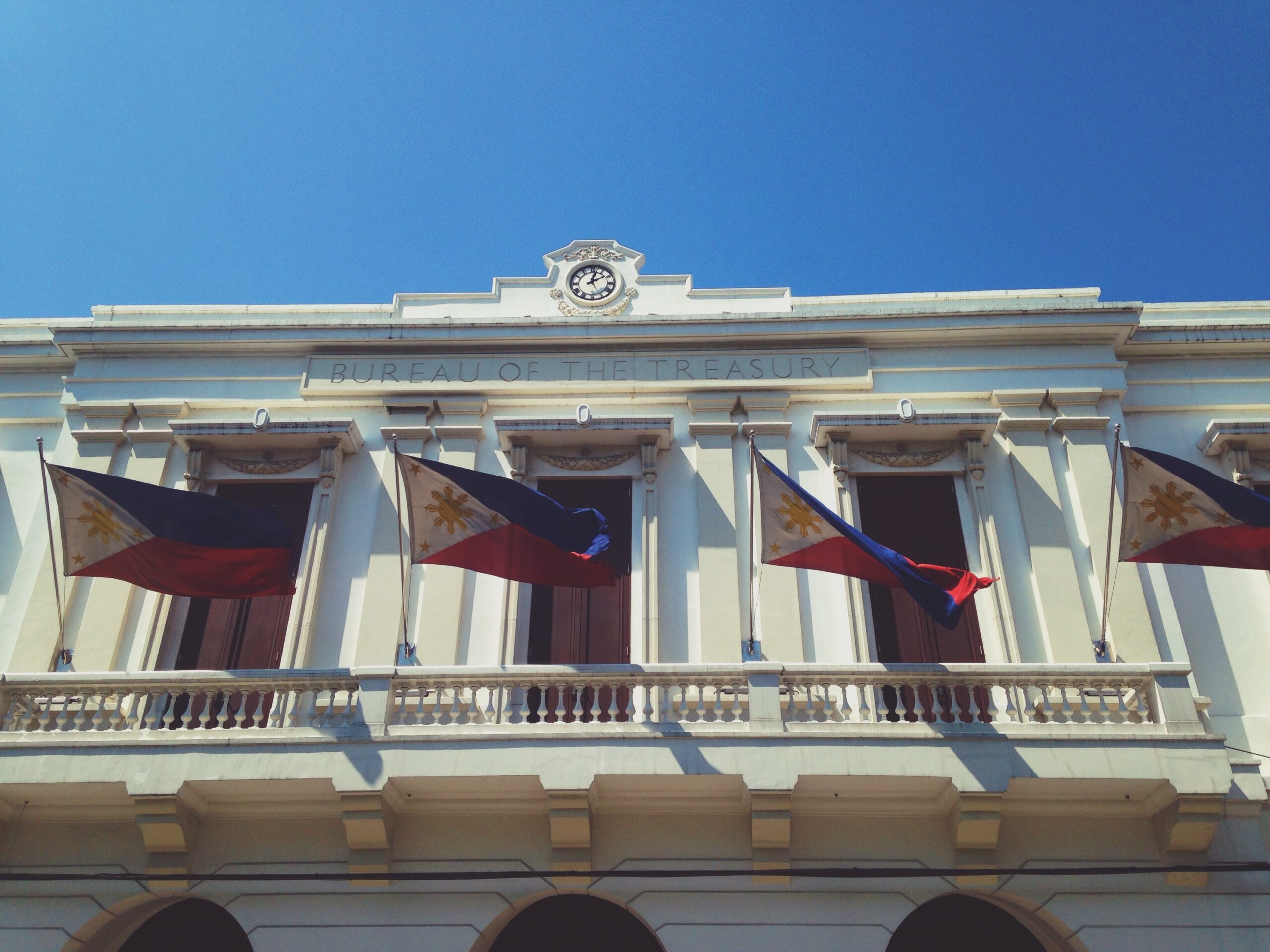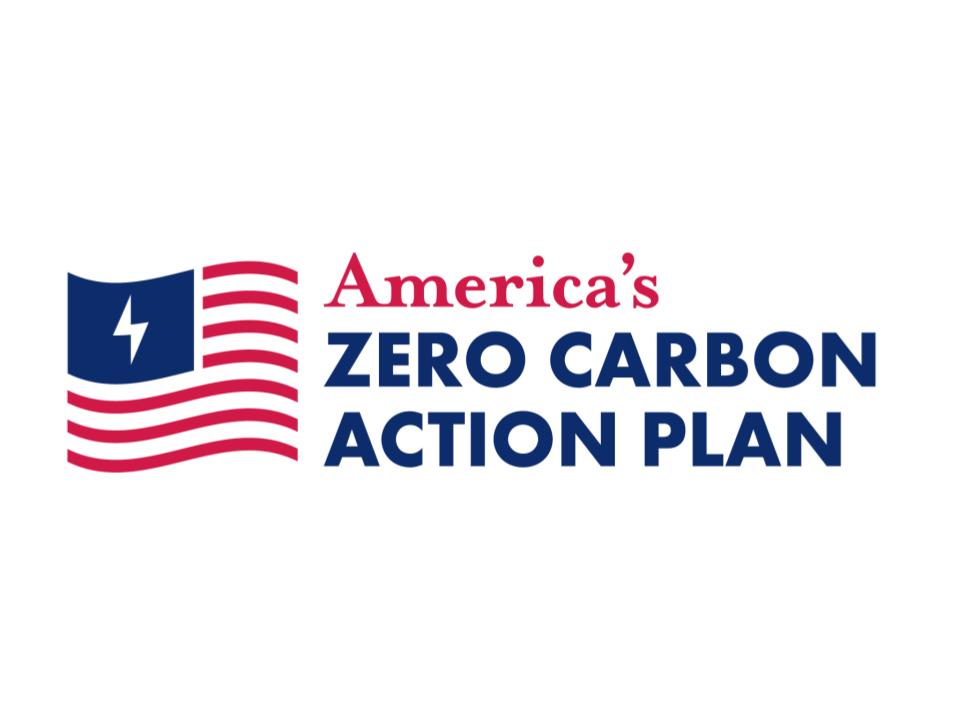Advances in ending violence, promoting the rule of law, strengthening institutions and increasing access to justice are uneven and continue to deprive millions of their security, rights and opportunities and undermine the delivery of public services and broader economic development. Attacks on civil society are also holding back development progress. Renewed efforts are essential to move towards the achievement of Sustainable Development Goal 16.
This paper investigates the impact of childhood exposure to conflict on later political beliefs and engagement in 17 sub-Saharan African countries. Despite the well-documented "conflict trap" in which regions with…
Diversity's effect on violence is ambiguous. Some studies find that diverse areas experience more violence; others find the opposite. Yet conflict displaces and intimidates people, creating measurement challenges. We propose…
We study learning via shared news. Each period agents receive the same quantity and quality of first-hand information and can share it with friends. Some friends (possibly few) share selectively,…
We use a policy experiment in Indonesia to show how local political boundaries affect ethnic tension. Redrawing district borders along group lines reduces conflict. However, the gains in stability are…
We study optimal policy experimentation by a committee. We consider a dynamic bargaining game in which committee members choose either a risky reform or a safe alternative each period. When…
Although a substantial body of research argues that women provide terrorist organizations with important tactical benefits, few studies draw out the implications of this argument or examine whether female recruits…
Property titling enables tax collection and encourages private investment. Yet, governments across the developing world often fail to invest in land registration systems, such as cadastral maps, that record land…
Evidence suggests that natural resources have driven conflict and underdevelopment in modern Africa. We show that this relationship exists primarily when neighboring regions are resource-rich. When neighbors are resource-poor, own…
Community information sharing is crucial to a government’s ability to respond to a disaster or a health emergency, such as a pandemic. In conflict zones, however, citizens and local leaders…
The Zero Carbon Action Plan (ZCAP) will serve as a roadmap for the U.S. based on the latest modeling, research and understanding of decarbonizing six key sectors (power, transport, industry,…


